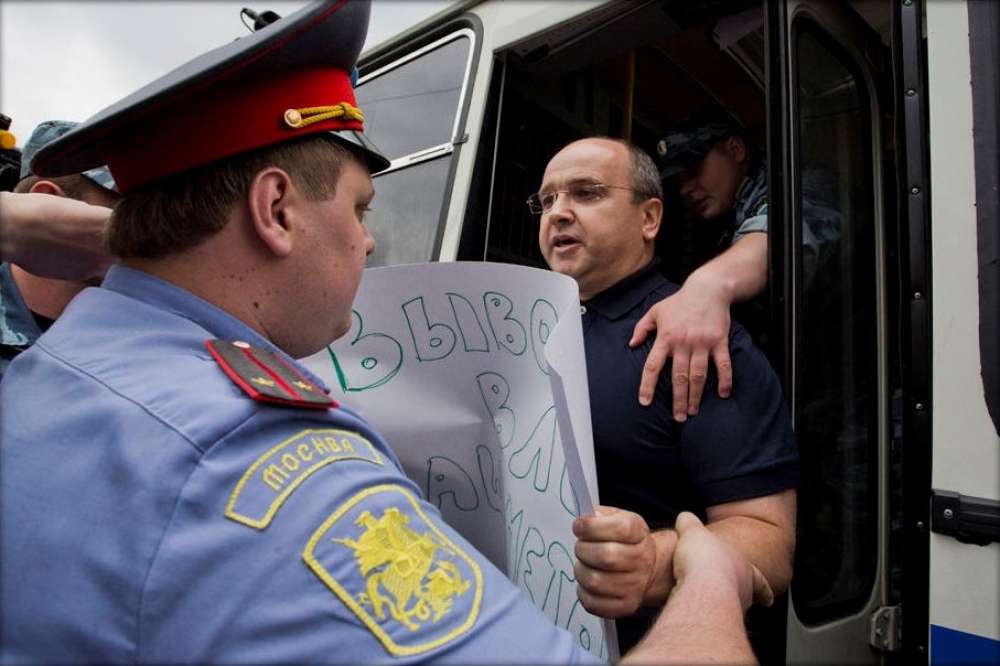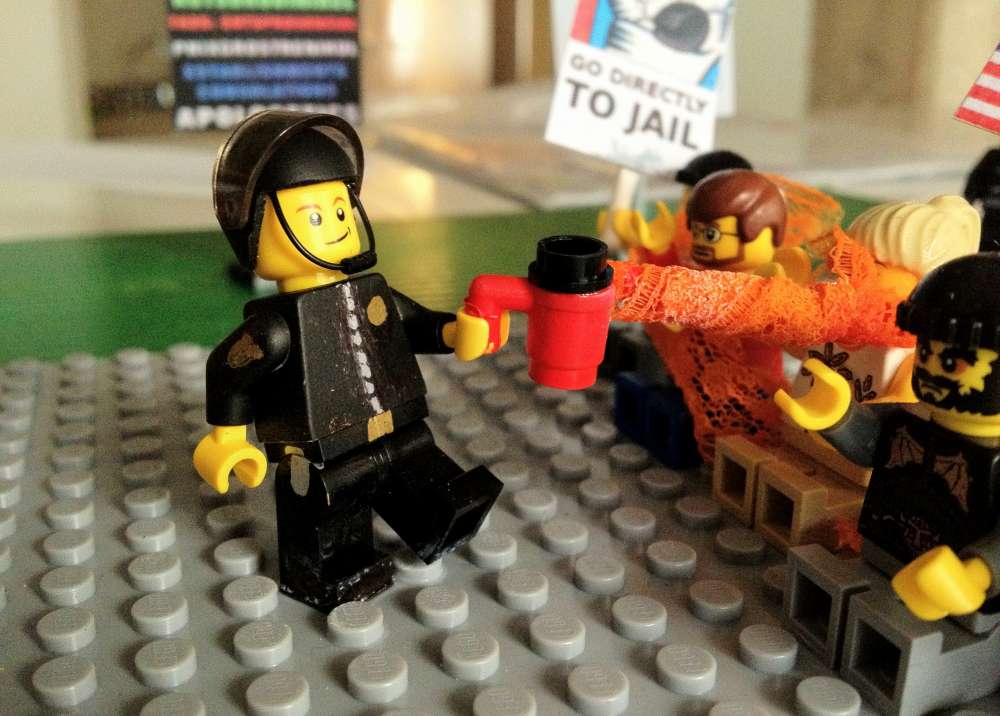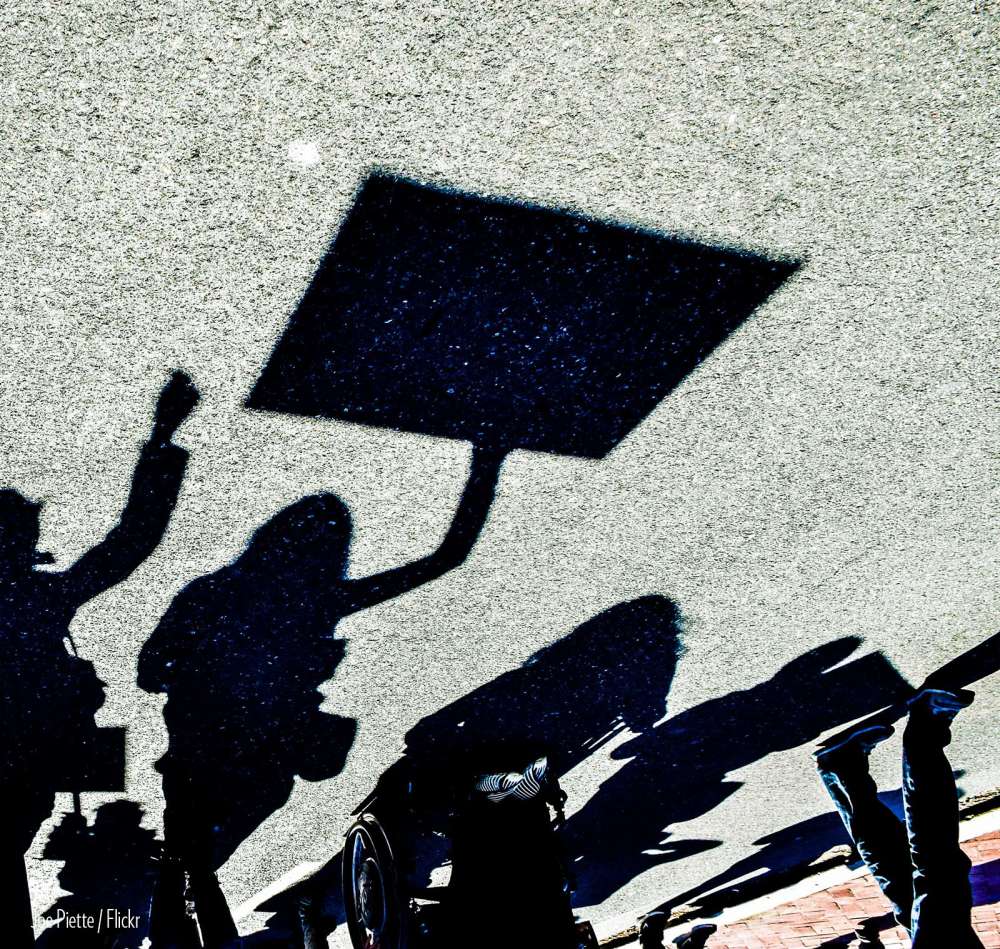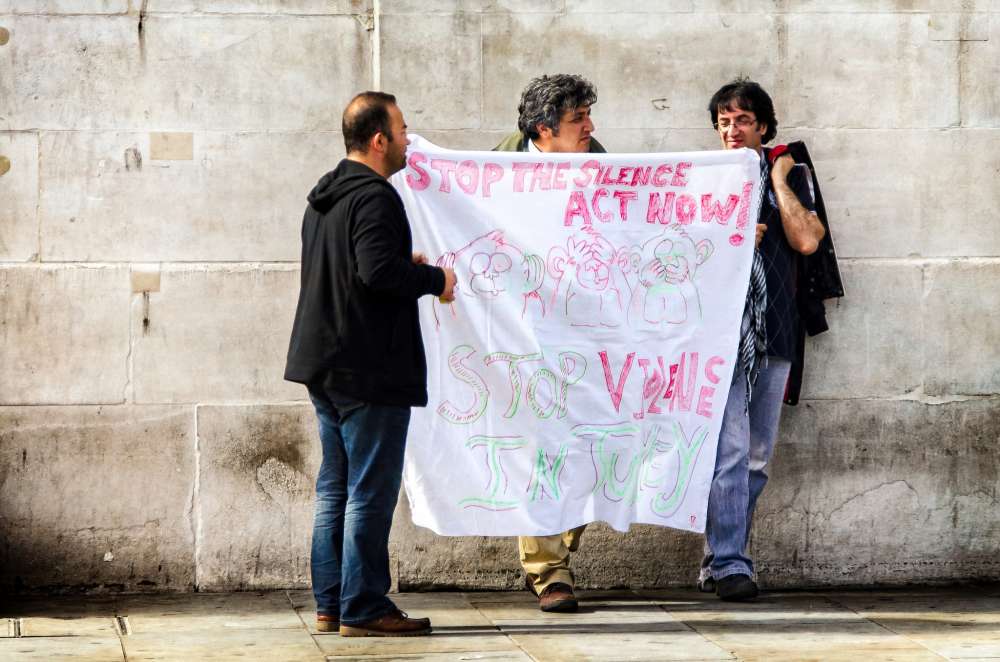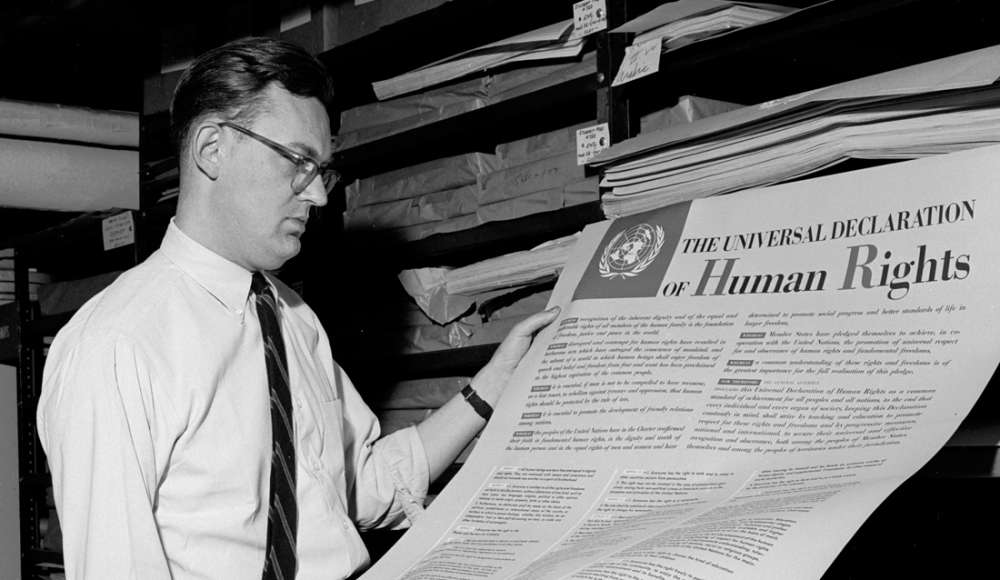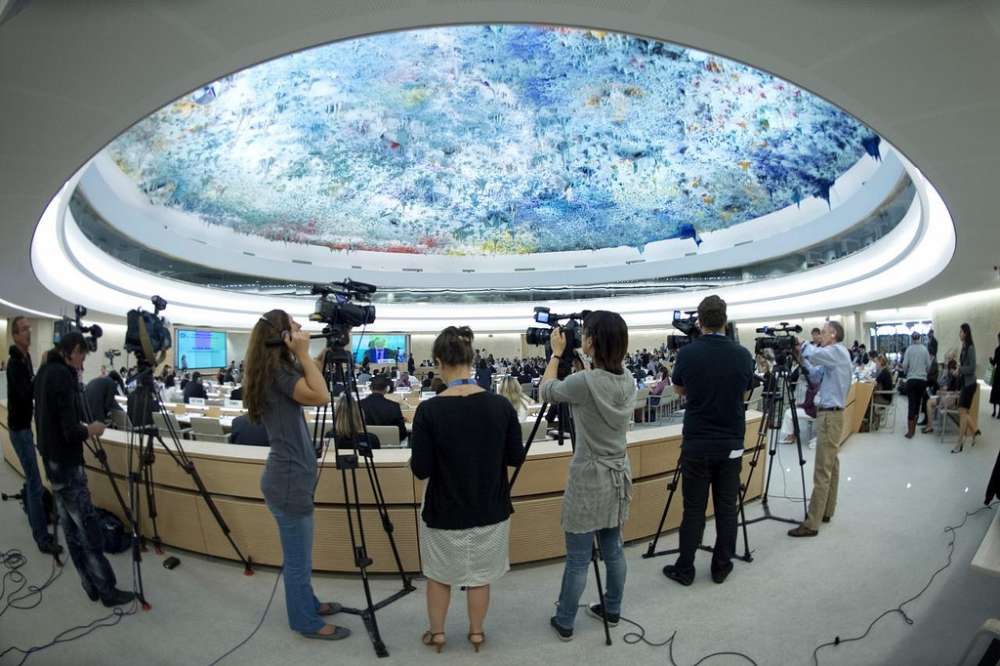Do UN Communications Make a Difference for Human Rights Defenders?
The Effectiveness of Individual Casework on Human Rights Defenders: An Empirical Study of the UN Special Procedure Cases 2004 – 2015
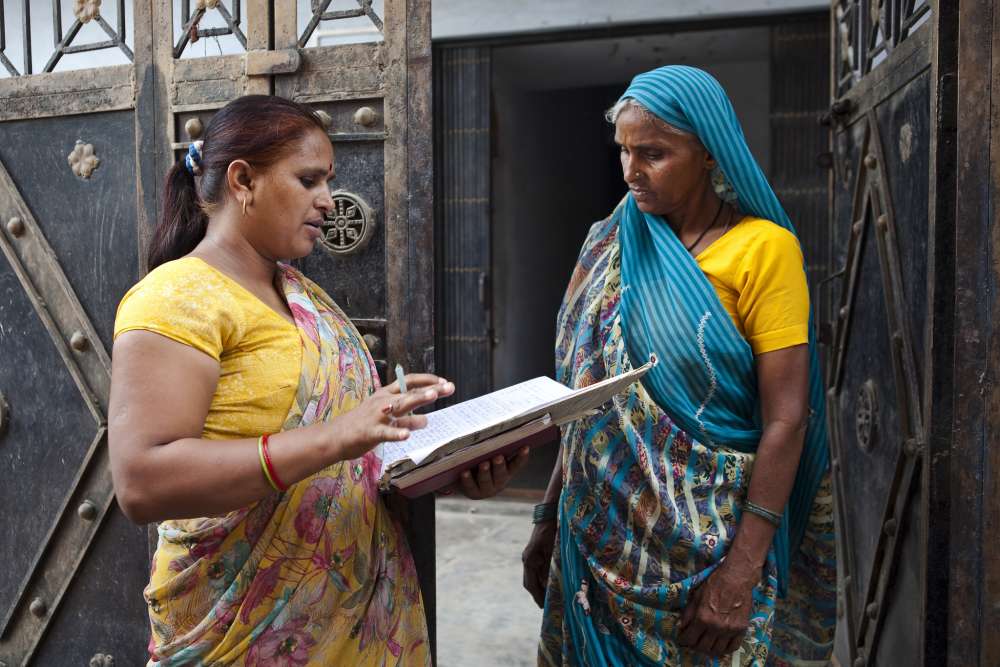
Despite a growing body of literature on the UN special procedures, we still know very little about the effectiveness of one of its core instruments, namely the use of communications to raise individual cases of human rights abuse with the government concerned. Focusing on the mandate of the UN Special Rapporteur on the situation of human rights defenders, this working paper explores new data to answer the controversially discussed question of whether or not communications generally make a difference in the situations of individual defenders.
The first part of this paper analyses data obtained from a survey of involved advocates, assessing the UN mandate’s impact on a random sample of cases among the Special Rapporteur’s communications between 2004 and 2015. The second part is concerned with external factors that may impact the further development of a case, suggesting alternative explanations of – but also possible conditions for – the medium term effectiveness of communications. For this purpose, the author uses a logistic regression to analyse a sample of almost 500 cases in order to investigate possible explanations for improvement or deterioration among cases addressed by the Special Rapporteur.
The systematic analysis of impact assessments provided by involved advocates convincingly suggests that individual casework is very often effective in providing protection to defenders whose cases are raised. However, the study of predictors of positive case developments also shows that the effectiveness of individual casework is highly contextual and therefore requires strategic adaptation and creative responses.
Implications for Practice
- In considering only direct impact, the finding that the Special Rapporteur’s individual casework very often positively influences defenders’ situations provides an important argument for continued, or even increased, support for the special procedures’ communications activity.
- Based on the sample cases, it can be concluded that international attention paid to cases with business involvement did not result in any substantial improvements in the medium term. The recently increased efforts by the Special Rapporteur to raise cases with companies directly, rather than only through the government concerned, may prove more effective.
- Regime type matters with regard to case development, although only as an indirect effect on the predictive value of certain variables. This includes the previous violations, a country’s aid dependency, and a forthcoming UPR process. Such variables should be taken into account when considering the potential impact of a communication on a certain case.
- The Special Rapporteur often refers to ‘follow-up’ on cases, however, rarely if ever does this reflect repeat communications regarding the same violation against a given defender. In reality, further communications serve instead to highlight new violations against the individual involved. The data suggests that these – often ‘high profile’ – defenders have a very low chance of seeing their situation improved. This finding makes the case for a more detailed assessment of the likely added value that repeated mentions by the Special Rapporteur can or cannot provide.
- The main leverage in terms of possible impact relies on the selection of cases. However, both the ethical implications and multiple purposes of casework should be acknowledged and respected. While a focus on increased impact can be useful, the documentation function and more indirect protection effects should also be taken into account during case selection.
- What remains unclear in the dataset is the extent to which ‘improvements’ in a defender’s situation following a communication also reflect a restored ability to carry out their work, and to what extent the experience of violations, or the continued threat thereof, inhibits this. Further research into the effects of case-specific improvement on defenders’ ability to effect change is needed.
…
This working paper is available for download from the University of York Human Rights Defenders Hub.

